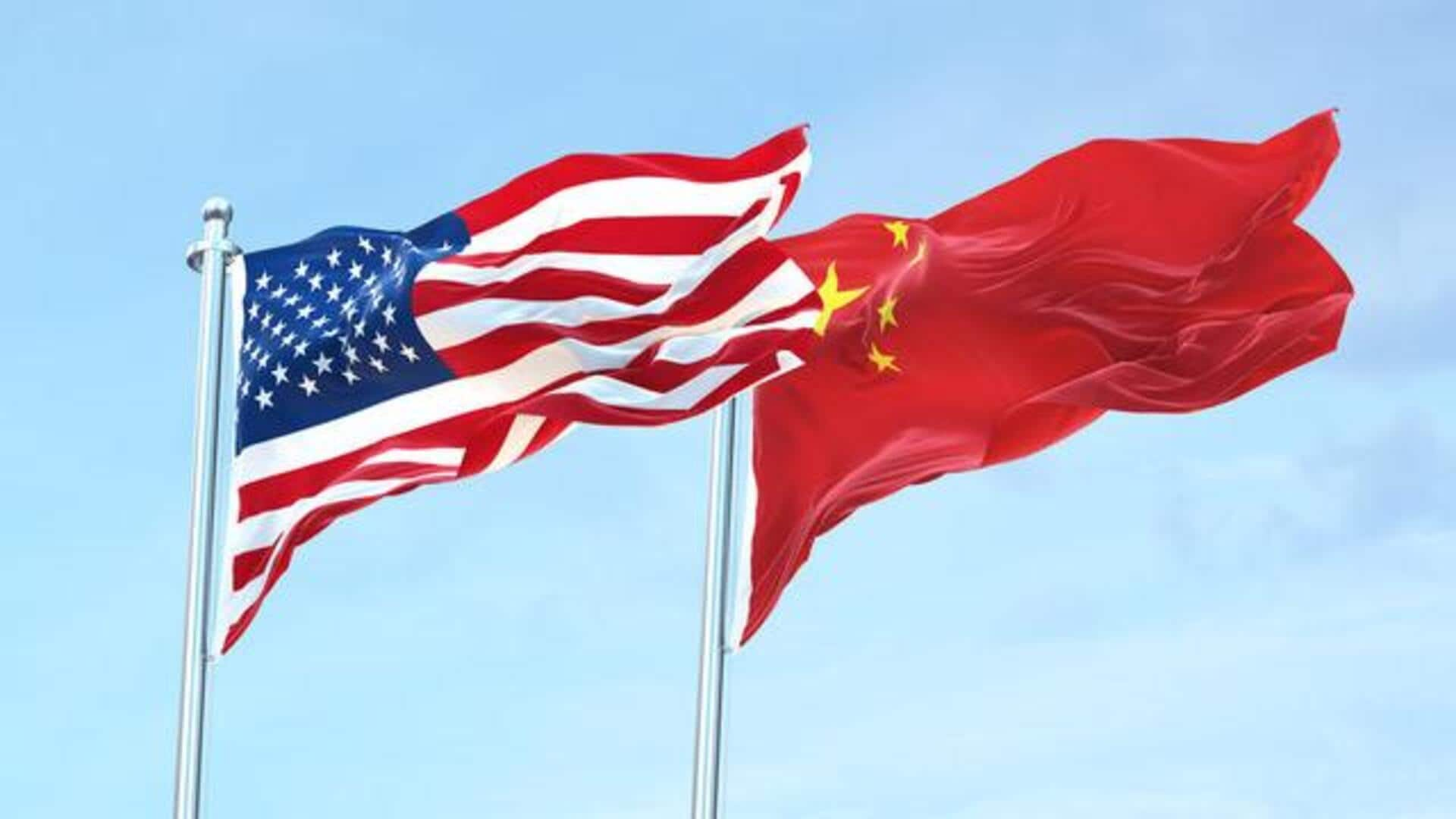
China halts rare earth export controls after Trump-Xi meet
What's the story
China has announced its decision to suspend additional export controls on rare earth metals, and end investigations against US companies in the semiconductor supply chain. The move comes after a trade agreement was reached between US President Donald Trump and Chinese leader Xi Jinping earlier this week. The White House confirmed these developments in a fact sheet released yesterday.
Trade agreement details
China to issue general licenses for exporting rare earths
The trade deal includes China's commitment to issue general licenses for exporting rare earths, gallium, germanium, antimony, and graphite. The White House said these licenses would be "for the benefit of US end users and their suppliers around the world." This move effectively reverses the controls China imposed in April 2023 and October 2022.
Tariff suspension
US to suspend Trump's reciprocal tariffs on China
The trade pact also sees the US suspending some of Trump's reciprocal tariffs on China for another year. Washington has also called off plans to impose a 100% tariff on Chinese exports to the US, which was scheduled for November. The White House said certain Section 301 tariff exclusions, set to expire on November 29, will now be extended until November 10, 2026.
Reciprocal concessions
In a reciprocal move, China has agreed to pause controls
In a reciprocal move, China has agreed to pause sweeping controls on rare-earth magnets. This was done in exchange for a US agreement to roll back an expansion of curbs on Chinese companies. The deal also saw the US agreeing to halve a fentanyl-related tariff from 20% to 10%, while Beijing agreed to resume the purchases of American soybeans and other agricultural products.
Chip shipment resumption
Beijing to allow Dutch chipmaker Nexperia's shipments
The US also announced that Beijing shall take steps to allow the Chinese facilities of Dutch chipmaker Nexperia BV to resume shipments. This development is expected to ease concerns over chip shipments that had threatened auto production amid the escalating trade fight between China and the US.